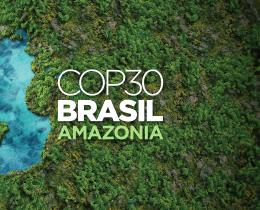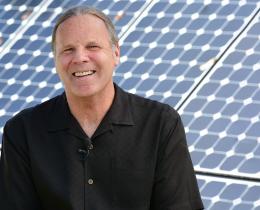What is the sharing economy? Beth Buczynski, author of Sharing is Good, told Omega she defines it as being about “access over ownership, and experience over possession.”
It seeks to create, she says, “a way for people to access things conveniently and safely enough so they don’t have to go about the collection of personal things like we’ve done in the past.”
Sharing has happened on a small scale for as long as people have accumulated material objects. Today, big companies are grabbing headlines for scaling up the idea to new economic heights.
Car-sharing leader ZipCar was bought by Avis at the start of 2013 for $500 million. Short-term vacation rental service Airbnb may soon be worth more than all but three of the largest hotel chains in the United States. Uber, an app-based taxi alternative for city dwellers, just raised $1.2 billion in capital, for a total valuation of $17 billion.
Nevertheless, Buczynski points out, “the really cool stuff is happening more under the radar at the community level. It’s about people meeting people and coming up with solutions in communities.”
It’s here that sharing takes the more familiar form of peer-to-peer transactions, often with little or no money changing hands.
San Francisco-based [freespace] started in June 2013, after a large, unused building was given to the community for just $1. The now common space has hosted more than 300 free events, been decorated with more than 30 murals, and housed four long-term art projects. They are currently expanding to 26 additional locations in 18 countries.
As [freespace] explains, “The radically low barrier to entry and open door policy lead to a hugely diverse range of people from different cultural, economic, and professional backgrounds connecting and creating projects together, such as free bike share, maker classes for people in homeless shelters, and a community garden.”
The Street Store™, founded in Cape Town, South Africa, is "the world's first rent-free, premise-free, free pop-up clothing store," where clothes are available at no charge to those who need them. Patrons can browse as they like, choosing whatever clothes suit their taste as they would in any other store—with the crucial difference that no money changes hands.
Since its launch in January 2014, the project has expanded to multiple locations in five countries. Based on open source principles, its formula is open to anyone willing to sign the pledge that ensures the project remains a nonprofit, all donations are accepted, and the dignity of customers is respected.
An even more peer-to-peer program called yerdle offers an app-based platform where people can get rid of possessions, for free, to new owners. In its first 18 months, more than 50,000 people became members.
On its website, yerdle explains one of the most important drivers behind the shared economy, which is reducing consumption: “80 percent of the items in our homes are used less than once a month. Yerdle’s mission is to reduce the durable consumer goods we all need to buy, by 25 percent. Why shop when you can share?”
Andy Ruben, a yerdle cofounder, also emphasizes the community aspect of sharing. “When people share items, it’s a connected experience. There’s a special aura about those products because they came from someone else who loved them. There’s something beautiful about that,” he says.
While the big companies may be getting most of the attention—especially where there is controversy, like the legal battle around Airbnb in New York City—the sharing economy has a noticeable effect on communities and individuals.
Buczynski explains, “The stuff that’s going on a little bit behind the scenes, a little deeper, is changing people’s lives, showing people that we can still have a sense of community that is more than just names on a social media list. Aside from the environmental and monetary benefits of doing it, there’s benefit in just getting out there, talking to people, and trusting people again. That’s really what gets people hooked on it."



